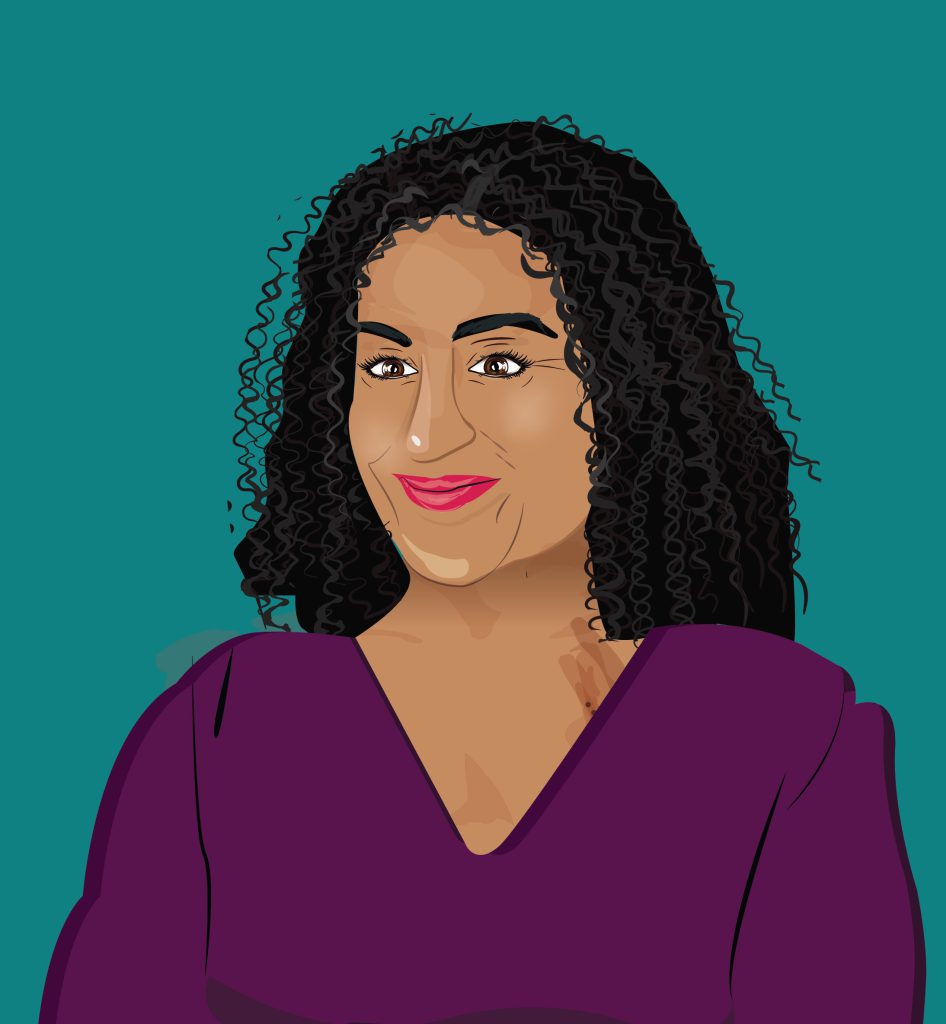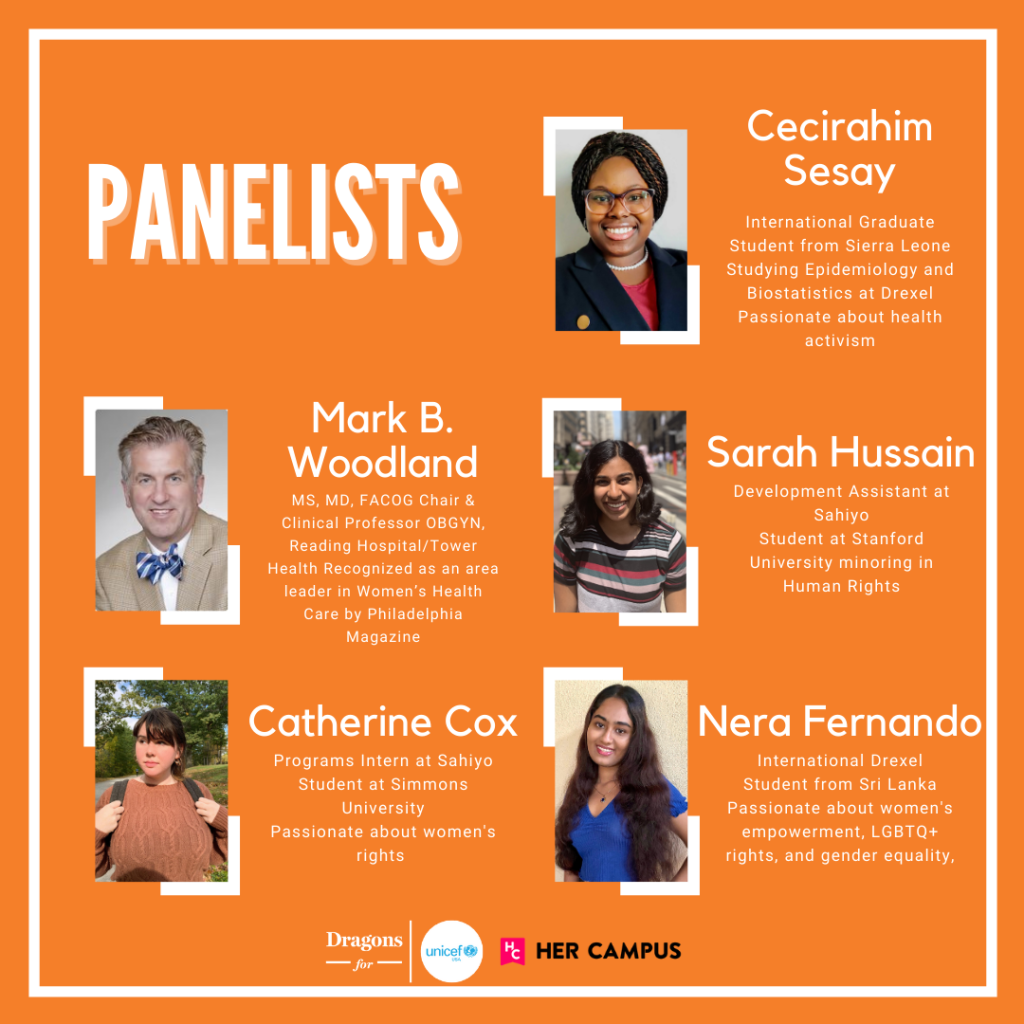Dear Maasi: “Did khatna impact my sex life or is it all in my head?”

Dear Maasi is a column about everything you wanted to know about sex and relationships but were afraid to ask! It’s a partnership between Sahiyo and WeSpeakOut, and is for all of us who have questions about khatna (female genital mutilation/cutting or FGM/C) and how it impacts our bodies, minds, sexualities and relationships. We welcome you to submit your anonymous questions. Dear Maasi, I find that many survivors of female genital cutting (FGC) either have not experienced or been vocal about the negative impact of FGC on their sexual experiences. Am I in the minority? It feels that some of the impact may be in my head and not real. How can I explore that aspect of my personal experience? —Anam Dear Anam, Sex and khatna can be considered taboo subjects, which means that people can be very shy about sharing their true experiences. Let’s change that! In previous columns, I’ve referenced recent research done by Sahiyo and WeSpeakOut, that estimates around 30-35% of khatna survivors report a negative impact on their sexual lives: fear, anxiety, shame, and difficulty trusting sexual partners low arousal, inability to feel sexual pleasure and over sensitivity in the clitoral area In conversations with women, I’ve also heard about sexual pain, which I addressed in depth in October’s column. In my own process of healing, I’ve needed to understand freeze responses and how to address them through mindfulness. In the Sahiyo study, another 32% said they “didn’t know” if khatna had an impact on their sexuality, which raises questions for me. I think that most of us are not trauma-informed or sexuality-literate enough to answer this question because we often don’t know how to interpret and trust our feelings and sensations. All of this can lead to confusion and feeling like we’re imagining things. For example, consider that trauma memories can be inaccessible, or fuzzy, or surreal-feeling: “Trauma memories are often implicit, because trauma floods our brain with cortisol, the stress hormone, which shuts down the part of our brain that encodes memories and makes them explicit. Our implicit memories can be like invisible forces in our lives, impacting us in powerful ways.” (https://www.psychalive.org/making-sense-of-implicit-memories/) These invisible forces are the living legacy of trauma. The traumatized part of us can remain on guard even if our adult self intellectually knows we’re safe. One way to explore this further is to learn more about trauma and sexuality. Review some of my past columns and peruse some of the short videos and article links. Many people find it helpful to talk with a trauma and sexuality trained psychotherapist who can help you to notice, understand and shift your responses. (Check out January 2021’s column for details on how to find someone with those skills.) Anam, I hope you’ll offer yourself the gift of this exploration and sexual healing. Sexual pleasure is our birthright! —Maasi About Maasi, aka Farzana Doctor: Farzana is a novelist and psychotherapist in private practice. She’s a founding member of WeSpeakOut and the End FGM/C Canada Network. She loves talking about relationships and sexuality! Find out more about her at http://www.farzanadoctor.com Disclaimer: While Farzana is full of good advice, this column won’t address everyone’s individual concerns and should not be used as a substitute for professional medical or psychological care.
Sahiyo staff join panel on FGM/C with Drexel University faculty and students

On March 29th, Sahiyo’s Development Assistant Sarrah Hussain and Programs Intern Catherine Cox were invited to speak at a panel discussion on female genital mutilation/ cutting (FGM/C). Hosted in partnership with the UNICEF Unite Club at Drexel University, this panel featured three other speakers: Mark Woodland, M.D., activist Cecirahim Sesay, and activist Nera Fernando. Dr. Woodland is a professor and chair of the Department of Obstetrics and Gynecology at Drexel University College of Medicine. He serves on several committees and advisory groups at the Institute for Women’s Health and Leadership. Fernando is a student at Drexel University from Sri Lanka who offered her insight from a social perspective, exploring the underlying causes of FGM/C, and what it is like living in a community where FGM/C is the norm. Finally, Sesay is also a student at Drexel University and a health-equity activist who offered her personal insight into the underlying causes of the FGM/C and community norms. Combined, this panel of amazing speakers explored the health consequences of FGM/C, living in practicing communities, and how people can become better activists and allies in empowering communities to end the practice. Dr. Woodland explained the medical effects of FGM/C and its global prevalence. Next, Sesay and Fernando used their personal stories to explore the social norms that underpin the practice. Finally, Hussain and Cox from Sahiyo explored Sahiyo’s work and activism in the past, giving the audience a framework for their own activism. They highlighted the concrete steps everyone can take in their day-to-day lives to become better advocates in ending FGM/C. Panelists took audience questions that ranged from the history of law in the United States around the issue, the role that culture plays, and how the people in the audience can take concrete steps toward activism. Overall, the panel was an eye-opening exploration of the many issues and concepts surrounding FGM/C and the movement to abandon the practice. If you are interested in having a member of Sahiyo speak at an event at your institution, please email our team: info@sahiyo.com. You can also fill out our request for an outreach presentation form at http://sahiyo.org/programs/community-outreach.html.
